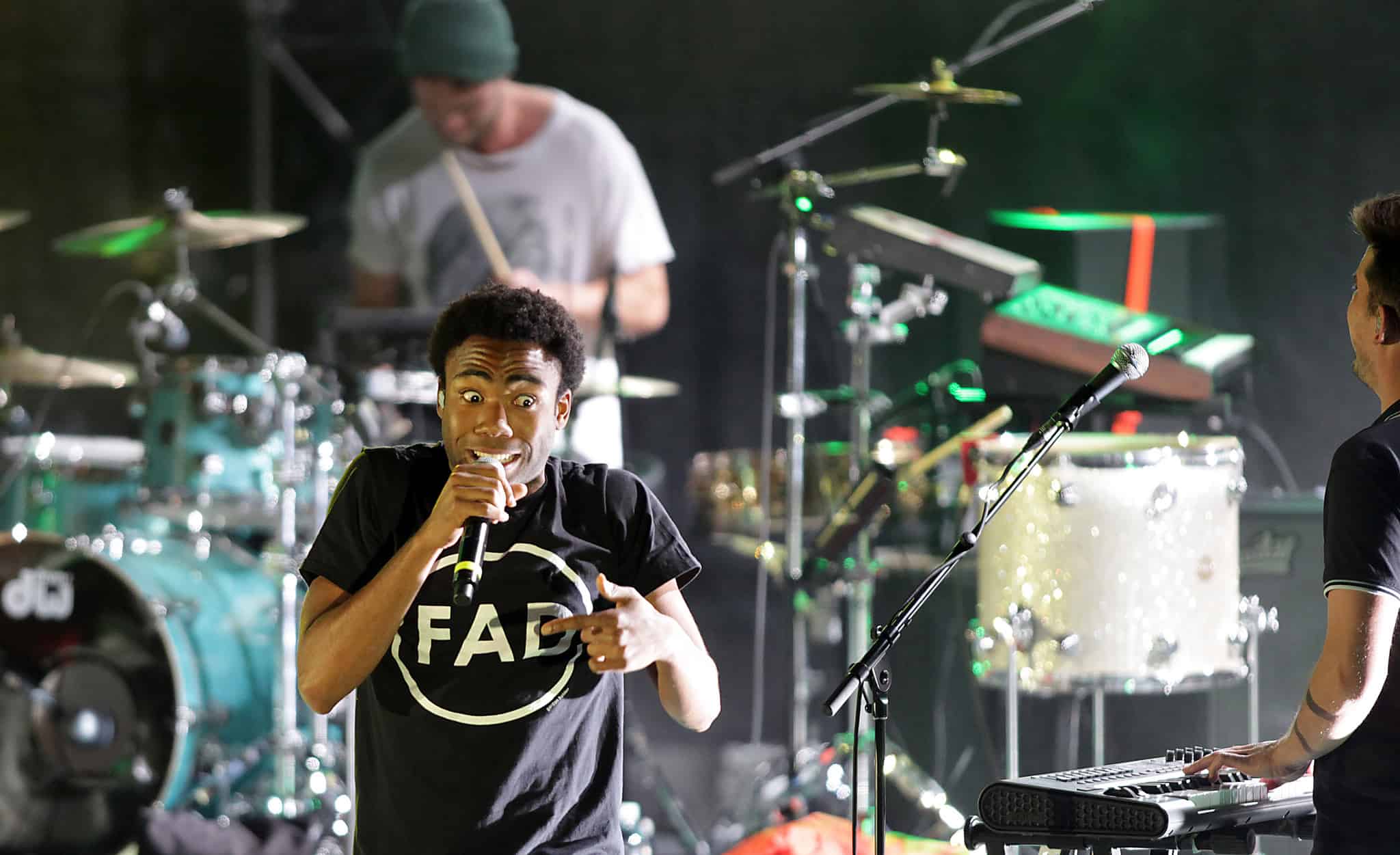The happenstance collision of Donald Glover’s music video and the new NFL rules about protesting the National Anthem reminded me of my America, the one I have experienced. Those who challenge the popularly-accepted narrative of America are pushed to the side, relegated, and punished. Whereas Glover’s art challenges our standard narratives, the NFL protest rules support entertainment and oppression.
I empathize with Colin Kaepernick’s protests. During the 7th grade, I began sitting during the Pledge of Allegiance. The US had just invaded Iraq, and I felt that I could not honestly pledge allegiance to a flag, nor to a country that killed civilians and tortured detainees. My classmates responded with insults, warning me I should leave America or get shot for “being a terrorist.”
This is America: we frequently choose a patriotism and narrative built on violence and oppression, instead of one built on human dignity and life. Kaepernick chose to kneel for his beliefs and to recognize an inconvenient story. The NFL punished him in response.
The incredible symbolism of Glover’s video points to the entertainment value of Black bodies, but also the simultaneous social, cultural, and economic dismissal of Black people. Take for example Glover’s pose when he shoots a musician. He stands like minstrel in black face, a classic and cruel caricature arising from Jim Crow. He underlines how we caricature the Black community, or use phrases like, “But what about black-on-black violence?” to stereotype and avoid more complex and difficult discussions.
We happily bought Kaepernick jerseys when he was winning games and comfortably fit the stereotype of a Black man, but torched his jersey when he challenged white supremacy.
Black folk should entertain white folks like me; their political views shouldn’t interrupt my comfort.
The NFL built its recent rules off of this sentiment. Sure players can protest, but they have to do so in the locker room so as not to be seen or disrupt status quo. This is the same sentiment I regularly hear about Black Lives Matter – they can protest, but they can’t interrupt other people’s lives. That’s just wrong.
It’s as if we don’t notice that poverty, structural racism, and police brutality regularly interrupt the lives of millions of people. These ills prevent communities and individuals from living healthy, happy lives. According to the American Psychiatric Association, racism causes heightened stress, PTSD, and depression. Similarly, poverty is associated with learning disabilities, depression, ADHD, malnutrition, drops in maternal health, lack of access to care.
These are incredible and violent disruptions to life. So shouldn’t we be willing to disrupt comfortable norms to address them?
Glover’s video has reminded me why I just can’t watch the NFL anymore. I’ve tried to give up football before. But it’s such an ingrained part of the America that I grew up with, I struggled not to follow through. Not anymore.
Donald Glover has challenged me. His recent music video, deep symbolism, and sharp socio-political critiques have pushed me to recognize the use of Black entertainment as a mask for violence against communities of color.
As a white man, I can easily absorb and enjoy the music, sports, and entertainment that Black bodies provide, while just as easily ignoring the fuller lives of those same Black people. I could say that concussions are just an occupational hazard, while ignoring the fact that they have racialized consequences. I can expect Black athletes to perform superhuman feats, while ignoring the rest of their lives and experiences.
This is America: where we build narratives about patriotism, caricatures, and entertainment; but punish those who question their validity. So I say bye to the NFL, to standing for the Anthem or Pledge, and to supporting the violence born by our patriotism.
***
Image courtesy FlickrCC user The Cosmopolitan of Las Vegas.


